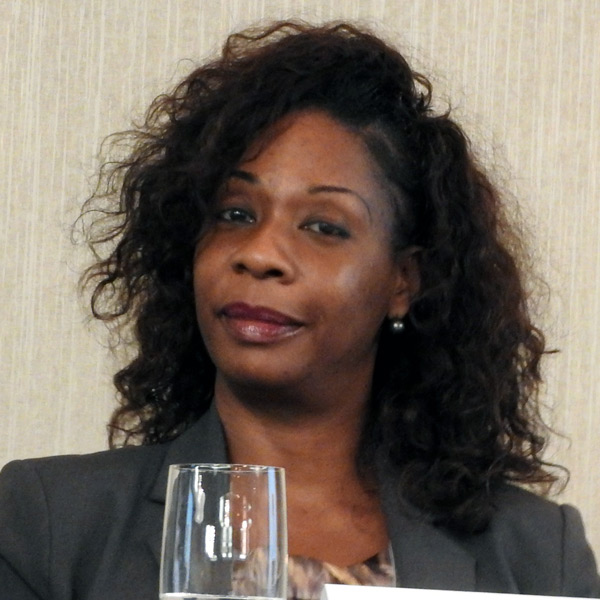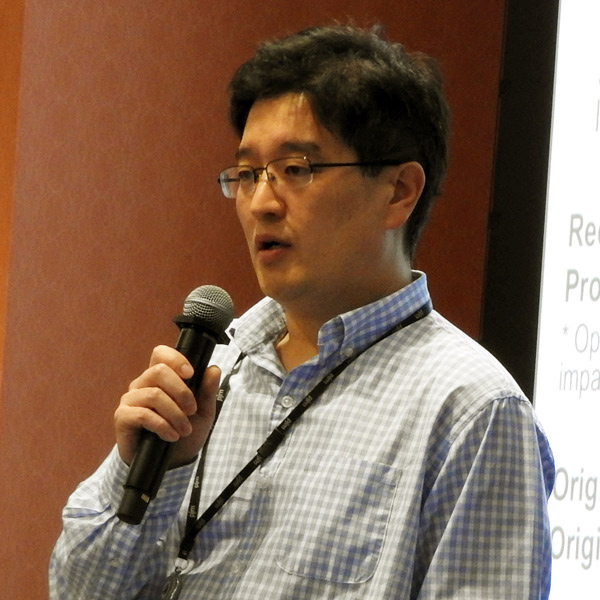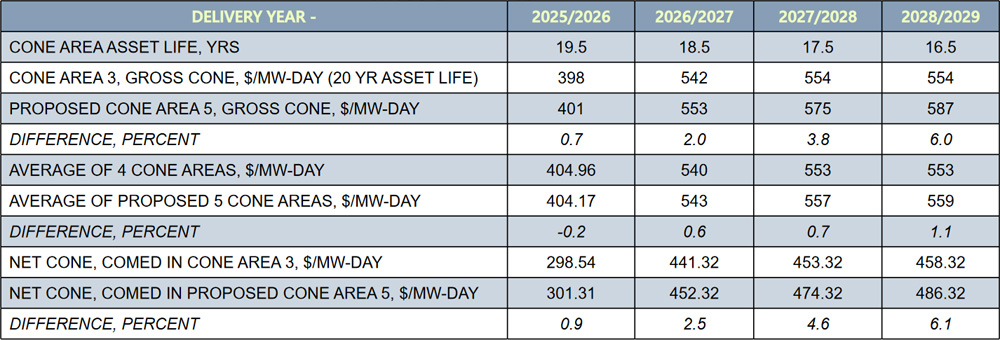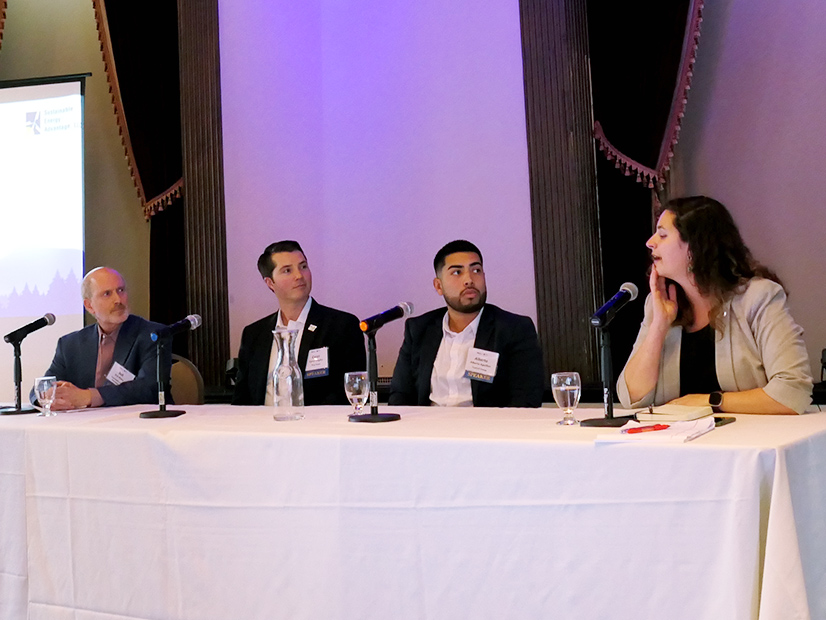ALBANY, N.Y. — The State Legislature on Friday passed a bill that would require state agencies and utilities to identify electric grid improvements necessary to implement an electric vehicle highway and depot charging network (S4830C/A5052).
The New York State Energy Research and Development Authority, Department of Transportation, Department of Motor Vehicles, New York State Thruway Authority, New York Power Authority, Long Island Power Authority, Department of Environmental Conservation, and electric distribution and transmission utilities would be required to evaluate what it would take to comply with the state’s many clean transportation targets.
The bill would also seek to expedite transmission and distribution infrastructure and interconnection upgrades at public sites controlled by the Thruway, as well as identify charging station sites that should be prioritized for early deployment to ensure they are upgraded quickly.
The agencies would be required to develop an evaluation within nine months of the effective date and conduct another one every three years thereafter.
With bipartisan support, the bill passed easily: 59-3 in the State Senate and 140-5 in the State Assembly.
NYPA has been driving the state’s EV buildout via the EVolve NY program, while NYSERDA has several other EV programs, but more rigorous goals in the Climate Leadership and Community Protection Act, Advanced Clean Trucks and Advanced Clean Cars II rules, and Zero Emissions Vehicles policy necessitate greater state action and coordination. NYSERDA also partners with Atlas Public Policy to analyze and track EVs’ growth in the state via the EValuateNY program.
Establishing an EV network in New York that can support an electrified transportation sector by 2050 is expected to increase demand for electricity, potentially in many areas not well connected to existing generation infrastructure. National Grid released a study in November suggesting that states, such as New York, must move faster to support the needs required to meet the explosive growth of EVs. (See Study Projects Power Demands of Highway EV Charging Network.)
The bill would “reduce the cost of interconnection, electric distribution and local transmission upgrades while serving projected vehicle traffic volumes” by seeking to “optimize fast-charger deployment among the highway charging hubs and charging development among the fleet charging zones.”
“If the upgrade process fails to outpace the time when electric vehicle adoption reaches scale, we will not have a reliable and adequate electric supply to power all the new electric vehicles on New York’s roadways,” the bill says.
Advanced Energy United applauded the bill passing. “Analyses — and subsequent grid improvements — will ensure the grid is ready for the uptick in electricity demand that EVs will bring, and save money in the long run compared to the status quo of reactive and piecemeal grid upgrades.”
“New York’s transition to EVs is a critical undertaking, but that transition will be slower and more expensive without proactive strengthening of the electricity grid,” said Karlito Almeda, AEU’s New York lead. “The analysis this bill calls for is a critical first step toward making New York’s electricity grid ready for the full transition to EVs, but we also need to ensure that utilities move ahead with implementing the grid improvements recommended in the analysis.”



